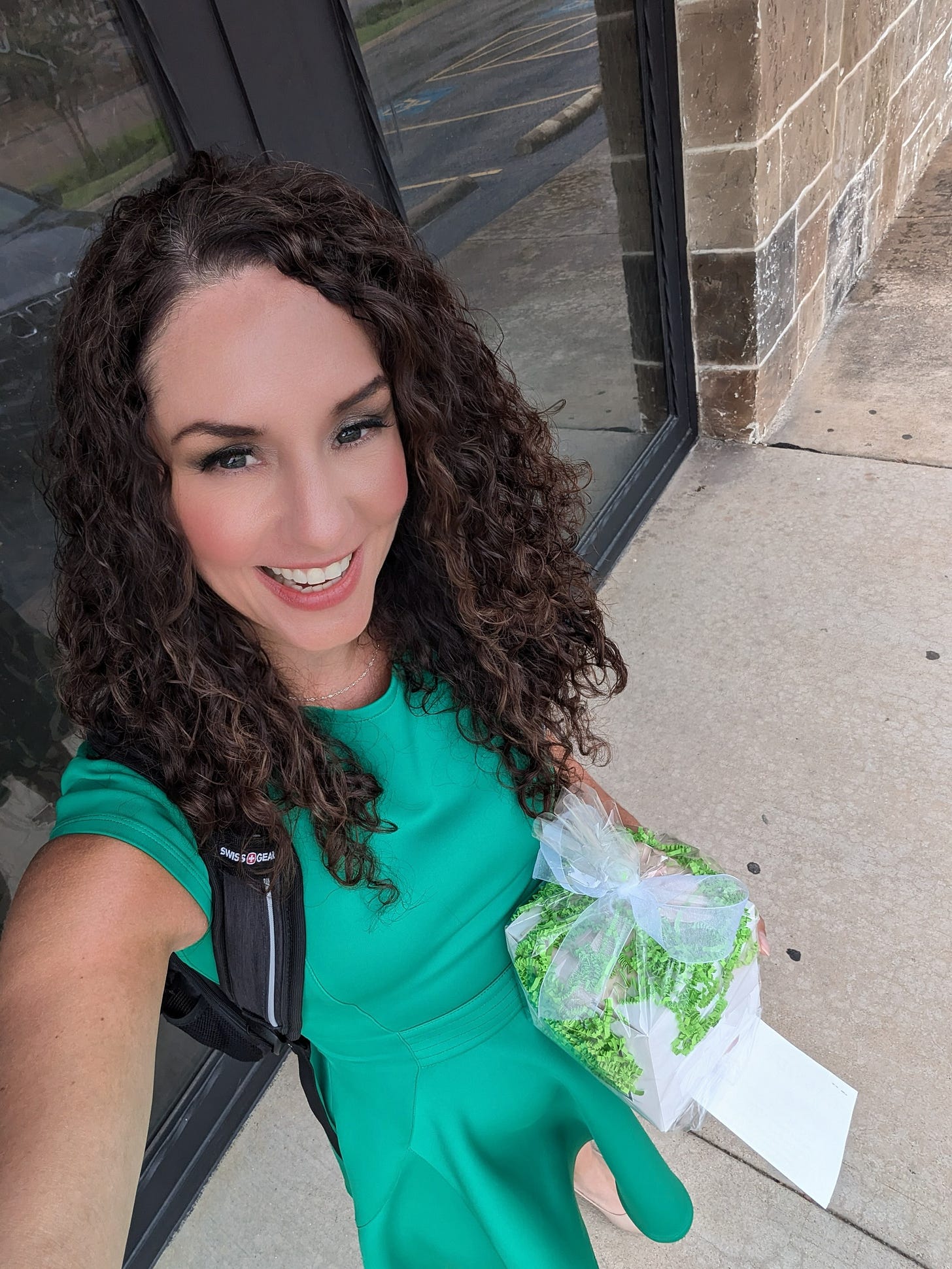The modern healthcare system is a carefully constructed illusion.
You're led to believe that insurance equals safety. That without it, you're one accident away from financial ruin.
But what if the very system designed to "protect you" is actually the thing threatening your financial sovereignty?
This isn't a theoretical debate. It's mathematics.
Medical debt is the #1 cause of bankruptcy in America.
But here's the punch to the gut: 78% of those bankrupted had health insurance when they incurred those bills.
Let that sink in.
The product you're sacrificing salary increases for- the one you're told is non-negotiable so that you can protect your financial health - is failing at its fundamental purpose.
Meanwhile, insurance companies' profits climb predictably. Up and up and up. It’s the kind of graph Harvard MBAs dream about.
I don’t believe it’s accidental; it's by design.
There are two healthcare systems in America:
The legacy system: Expensive, inefficient, inaccessible
The emerging system: Direct, transparent, personal
Most remain trapped in the first, unaware the second even exists.
Let’s break down the numbers:
Let’s say you are paying a very average $400/month for your insurance premium with a very average $3,000 deductible. (Here’s a breakdown of the 2025 costs by Forbes)
So even if you *never* walk into a doctor’s office or take a pill, you’ve committed $4,800 annually. But what if you DO need care?
Let’s consider a simple problem like a UTI:
Traditional path: No same-day appointment → ER visit → CT scan/visit/testing→ outrageous bill (from overtesting & overcharging), no help with bill negotiation.
The result can easily leave someone to pay thousands out of pocket.
Unfortunately, this isn't an outlier. It's the norm.
Alternative path: Direct Primary Care → immediate care → Rx
$10-20 for antibiotics.
My Escape Route
My journey away from traditional insurance wasn't driven by ideology. It was driven by necessity.
As a returning student with limited time and limited funds, I discovered direct primary care (DPC) - a subscription model giving me unlimited access to a physician without copays or surprise bills.
Instead of 7 minute appointments after 2 hour waits, I got same-day access, no waits and unlimited 30-60 minute consultations for $75/month.
But I still faced a dilemma: I was essentially double-paying for healthcare—DPC for actual care and expensive insurance for "what if" scenarios I hoped never to use.
There had to be a better way.
Enter CrowdHealth: The Third Option
CrowdHealth is fundamentally different from traditional insurance. It's not insurance at all, but a peer-to-peer funding model that eliminates the middlemen.
Here's my 30-second summary:
I pay $55/month in advocacy fees
I agree to contribute to other members' healthcare needs up to a set amount (as of today’s publication the max = $140)
For major medical events, I pay $500—the rest, submitted for funding, with no cap
Unlike insurance:
98% of bills are funded (avg. 54% in network with insurers)
Personal care advocates help you navigate the system
Transparent pricing and help with bill negotiation
No arbitrary caps on what’s submitted for funding
There are no networks—I see any doctor I want
My total monthly costs are actually WAY lower that I estimated in the video.
Here’s what I pay:
CrowdHealth: $55 advocacy fee + $140 max contribution & DPC membership: $75
Total = $270/month
Significantly less than I was paying for my traditional insurance premiums alone.
Here’s a screenshot directly from the FAQ section of CrowdHealth’s website:
For me, it isn't just about saving money. It's about reclaiming agency.
The traditional system traps you in dependency and takes advantage of clinicians and patients.
It's why so many people stay in jobs they hate and avoid entrepreneurship- they're handcuffed to employer-provided insurance.
Alternative health models like CrowdHealth are portable. They follow you. They empower you.
They create direct relationships between you and your providers, eliminating the administrative waste that's bleeding the system dry.
Not everyone is a good fit for this model
For example:
If you have extremely complex, ongoing medical needs, traditional insurance might still make sense
If you are a tobacco user (defined as daily use for a period of 3 or more months, past or present) or if you weigh over 220/260 pounds (female/male) you won’t be eligible.
But for many people, this approach offers better care at lower cost with greater freedom.
This isn't a hypothetical.
This is working right now for thousands of families, clinicians, and entrepreneurs.
The Real Question
The real question is NOT:
"What if something bad happens and I don't have Blue Cross Blue Shield?"
But I think it might be:
"Why am I paying these insurance companies more than I can afford for a system that consistently fails people when they need it most?"
Healthcare freedom is possible. You just need to know how to navigate it.
Next Steps to Better Care
Explore Direct Primary Care options at dpcfrontier.com or search for DPC in your area.
Check out joincrowdhealth.com and see if it might be a good fit for your situation. And if you decide to try it, do it with limited risk -
Use code "Liberty Lab" for $99/month for the first 3 months with no contract.
The system doesn't want you to believe you have options. But you do.
These alternatives aren't coming "someday." They're here now, saving people money and providing better care today.
The choice is yours: remain in a system designed to extract maximum profit while delivering minimum care, or step into a model built on transparency, community, and human connection.
I know which game I'm playing.
Until next week,
Tiffany
*Like always this is NEVER medical, financial, tax or legal advice 😉
*Although CrowdHealth is an exclusive sponsor of The Healthcare Liberty Lab, this account is my personal testimonial as a member. I wasn’t paid to provide it and none of the info was provided to me by them for publication (except what I grabbed from their public website)! Check out their FAQs yourself!















Share this post